Small Tortoiseshell (Aglais urticae)
Here’s a detailed overview of the Small Tortoiseshell (Aglais urticae) — one of Europe’s most familiar and beloved butterflies:
🦋 Small Tortoiseshell (Aglais urticae)
🔹 Taxonomy
- Family: Nymphalidae (Brush-footed butterflies)
- Genus: Aglais
- Species: Aglais urticae
- Authority: (Linnaeus, 1758)
🔹 Identification
- Wingspan: 45–62 mm
- Upper side:
- Bright orange forewings with black and yellow patches
- Three black spots and a bold black margin
- Blue crescent-shaped markings along wing edges
- Hindwings: More uniform orange with black and blue border
- Underside: Cryptic mottled brown and grey—provides camouflage when resting
🔹 Distribution
- Range: Widespread across Europe, temperate Asia, and parts of China and Japan
- Present from the British Isles and Scandinavia down to Turkey and as far east as Mongolia
🔹 Habitat
- Versatile and adaptive:
- Meadows, gardens, hedgerows, open woodland, parks, roadsides
- Found from sea level to alpine zones
🔹 Life Cycle
- Broods: Typically 2–3 generations per year (especially in southern Europe)
- Flight period: March to October (overwinters as adults)
🐛 Eggs
- Laid in clusters on the underside of stinging nettle (Urtica dioica) leaves
🐛 Larva (Caterpillar)
- Black with yellow stripes and spines
- Gregarious in early instars
- Feed exclusively on nettle
🐛 Pupa (Chrysalis)
- Mottled brown/gold
- Usually attached to nearby vegetation
🦋 Adult
- Feeds on nectar-rich flowers like buddleia, thistles, clover, dandelion
- Will enter hibernation in sheds, wood piles, tree hollows, or attics
🔹 Behavior
- Territorial: Males guard sunlit patches
- Basking: Often seen sunbathing to warm up
- Migratory/local dispersal: In early spring, adults emerge from hibernation and disperse to lay eggs
🔹 Conservation Status
- IUCN Red List: Least Concern
- Declines noted in some regions (especially UK) due to:
- Habitat loss
- Pesticide use
- Climate change
- Parasites like tachinid flies
🔹 Similar Species
- Peacock (Aglais io) – larger, with striking eyespots
- Comma (Polygonia c-album) – more ragged wings, paler orange
- Painted Lady (Vanessa cardui) – lacks blue border and has pinkish tones
🔹 Cultural Significance
- Seen as a symbol of summer and rural beauty
- Popular subject in art, photography, and butterfly conservation education
- Its early emergence makes it a sign of spring in Northern Europe
📸 Fun Fact
In sunny weather, Small Tortoiseshells can be seen engaging in aerial dogfights, spiraling rapidly upwards in what appears to be courtship or territorial defense.
Visited 4 times, 3 visit(s) today
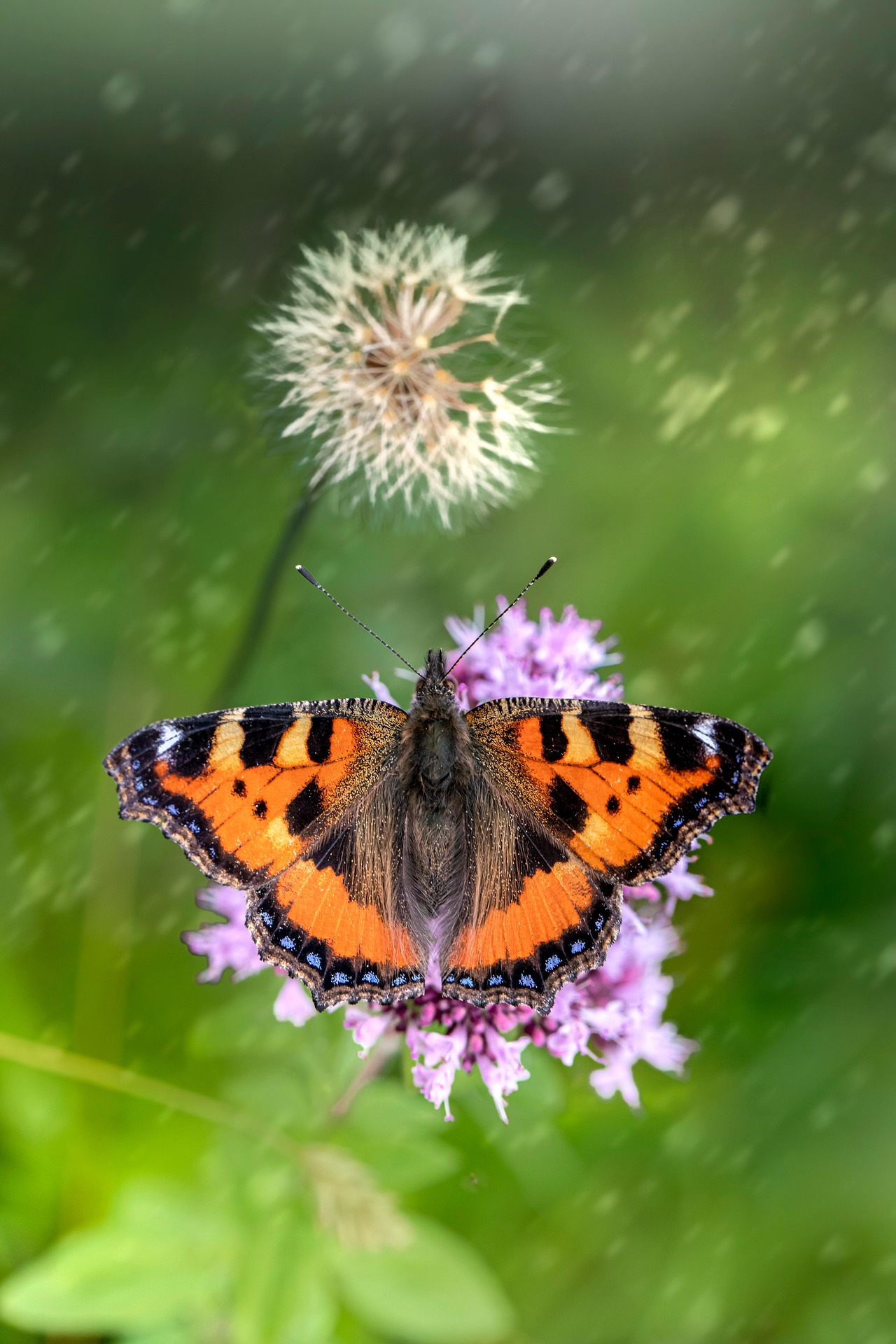
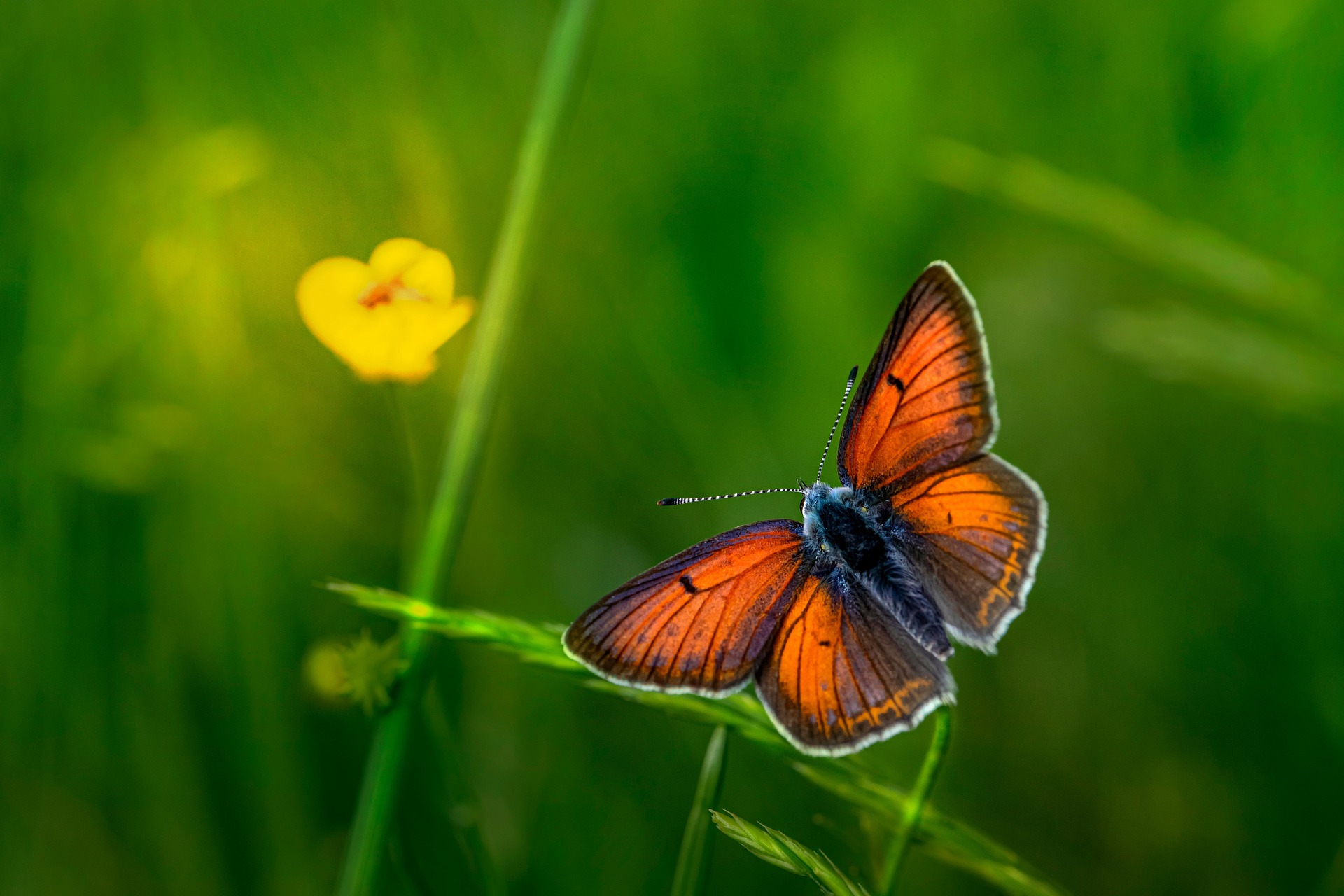
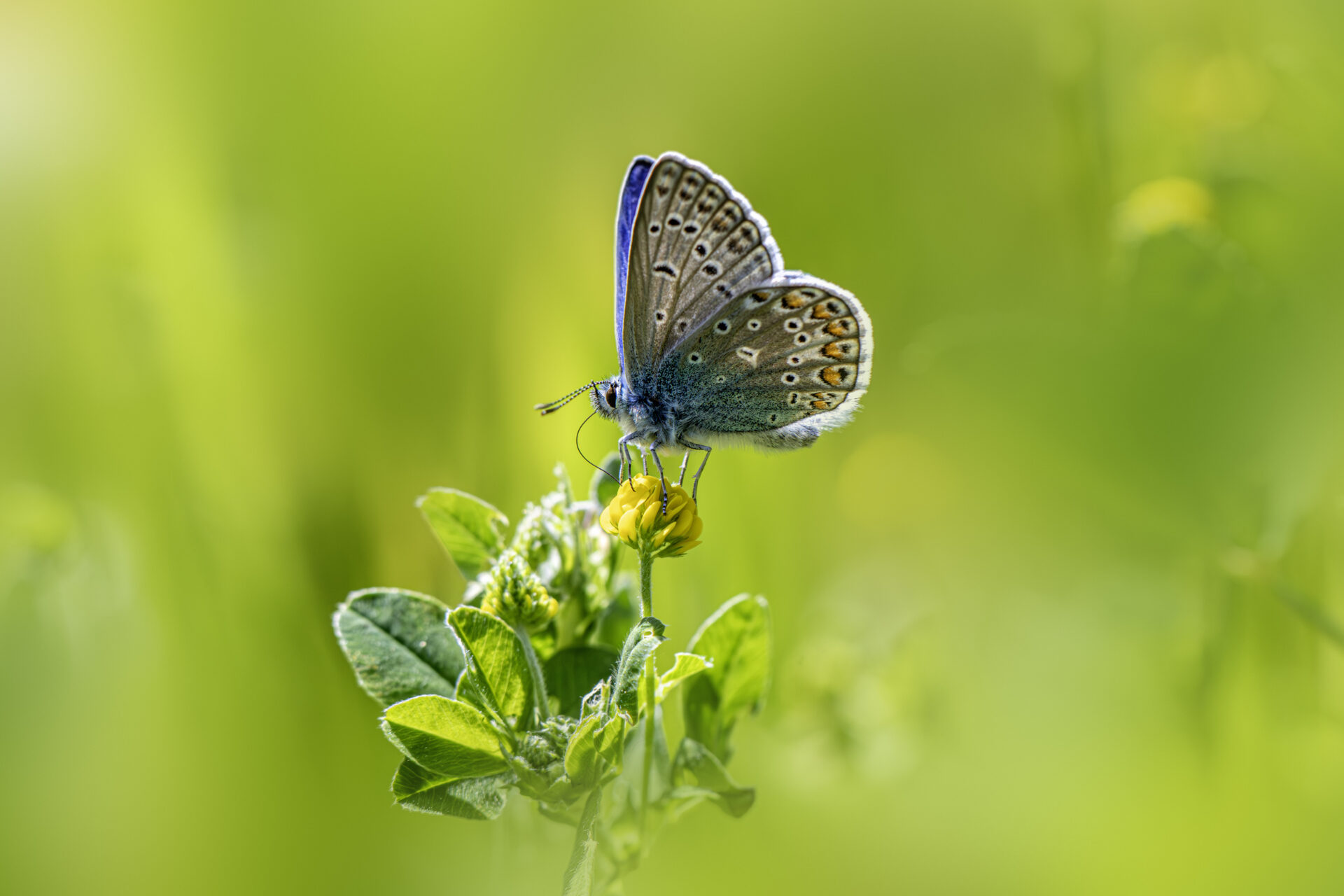
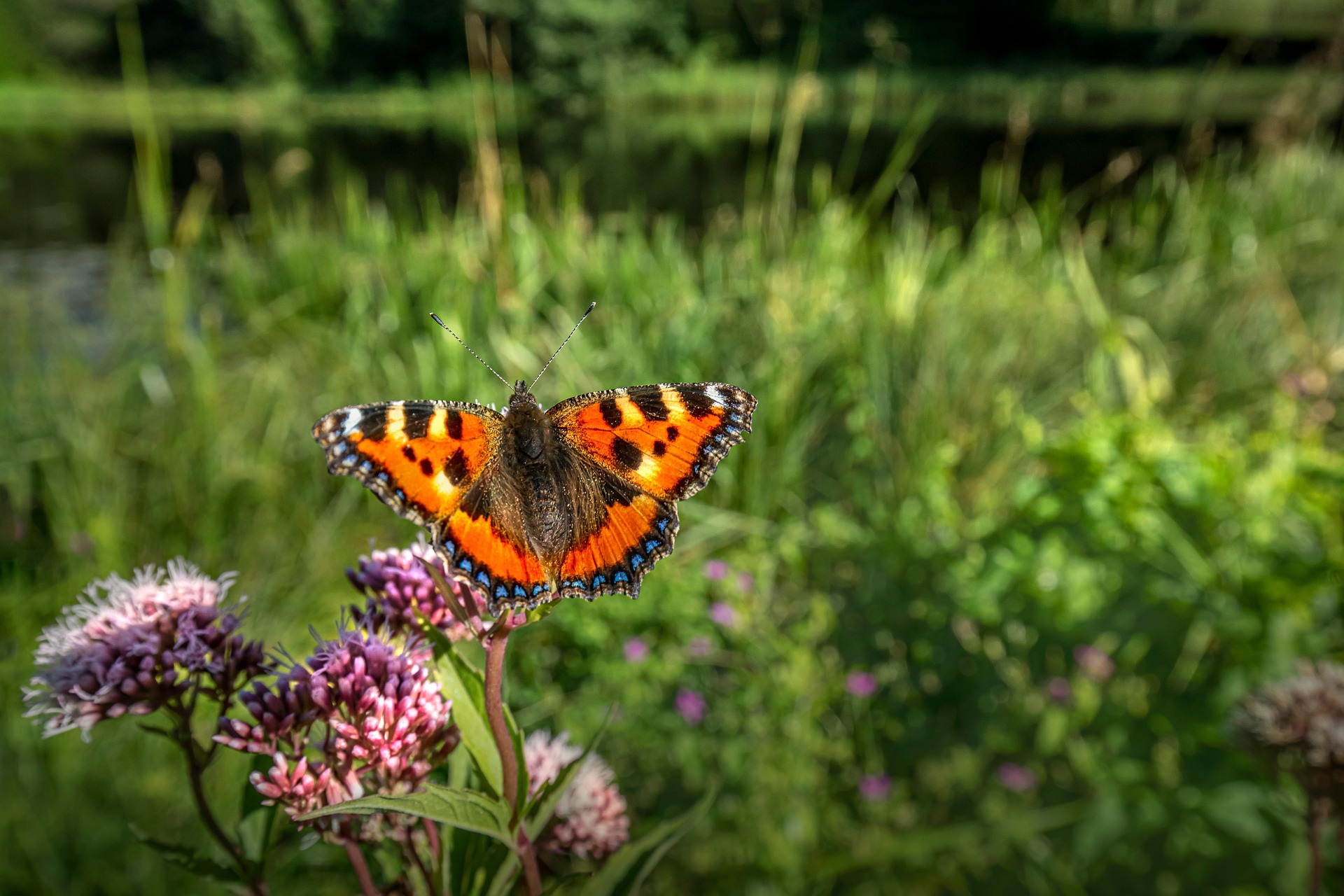
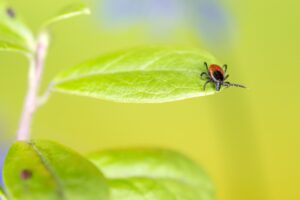
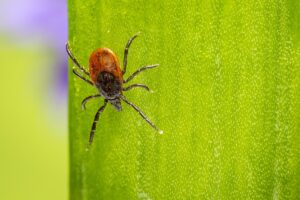
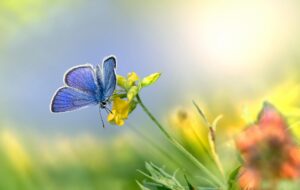
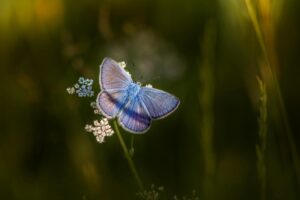
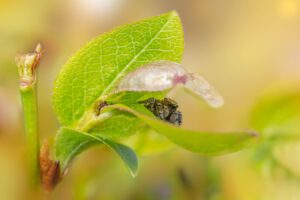
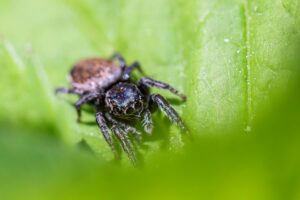
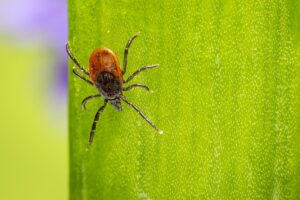
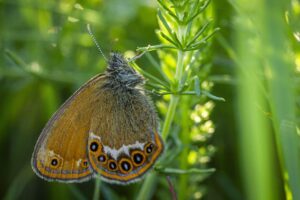
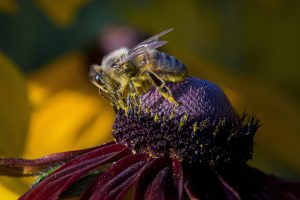
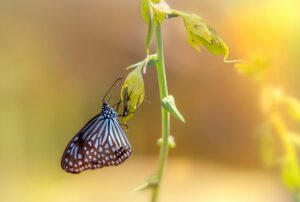
Post Comment